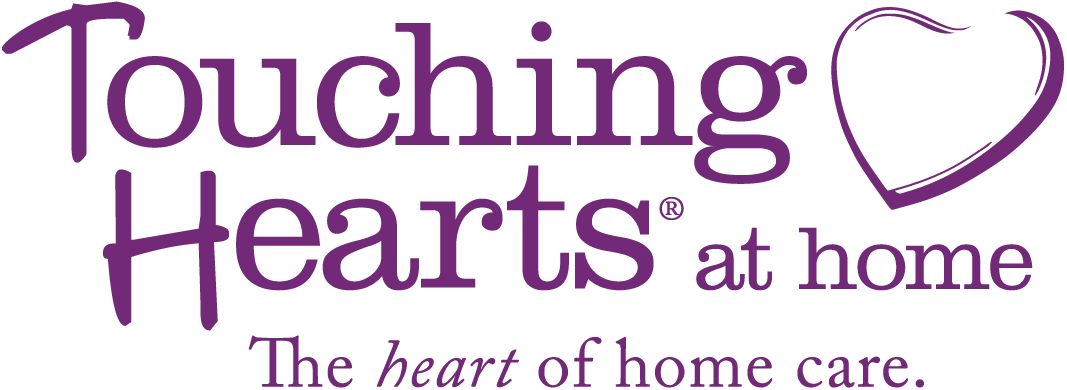As one of the most essential yet strained segments of healthcare, the direct care workforce is not […]
 In the year 2050, the number of Americans over the age of 65 will almost double. With more than 10,000 baby boomers turning 65 each day, many parts of America are becoming more senior dominated. This means that many cities in America will need more professional caregivers to accommodate this growing demand providing an opportunity for home care agencies to grow their businesses if they can find and train the right talent.
In the year 2050, the number of Americans over the age of 65 will almost double. With more than 10,000 baby boomers turning 65 each day, many parts of America are becoming more senior dominated. This means that many cities in America will need more professional caregivers to accommodate this growing demand providing an opportunity for home care agencies to grow their businesses if they can find and train the right talent.
The most aging regions are retirement metro areas that include Tampa, Arizona and Miami. This is indicative of traditional senior migration patterns who flock to warm, dry climates. However, non-traditional areas are quickly achieving “seniority” such as Atlanta, Raleigh and Las Vegas. Overall, the areas that have had the most jumps in senior proportion for the most part are the ones that have drawn strong net domestic migration of millennials, families and working adults.
But the fact is that seniors exist everywhere and with such a rapidly growing population, home care agencies need to be ready to accept their share of business. That means finding the right people to build your talent pool and providing comprehensive training so they can be successful. To do so, here are three considerations:
-
More states are regulating caregiver training to help standardize care and protect the elderly. Training requirements are typically handled by the Department of Health but oftentimes the rules are a work in progress. For example, Illinois passed new legislation in 2016 called the Alzheimer’s Disease and Related Dementias Services Act but the rules have not yet gone into effect as the Illinois Department of Health and the Home Care Association of America work out the parameters for compliance. With shifts in legislation that can happy and any moment in Illinois and other states, it’s imperative that agencies stay abreast of their local requirements note the differences if their locations across state lines.
-
With state mandates comes the need to perform compliance tracking. Maintaining compliance records adds an extra administrative layer to agency operations especially since agencies will be subject to audit - often by surprise. Home care agencies will need to track renewal dates, manage certifications and offer year-round training opportunities so caregivers can onboard and upskill quickly. Agencies will need an automated way to maintain these records to effectively manage the increased activity that will come with increased hiring.
-
Agencies will need an easier way to grow their workforce and train them at scale. Given the need for more caregivers, on-site training will become an even more expensive training model than it is now. Coordinating caregivers to convene in one location multiple times per year is already a challenge and more training sessions will need to be scheduled to accommodate the rotating needs of your new workforce. Wherever possible, agencies should move their training online. This removes all barriers to training and education especially with training tools that are device agnostic. It will help agencies onboard caregivers faster and provide prime opportunities to upskill year round.
There's a huge opportunity for home care agencies, particularly in aging cities who proactively put systems in place to fill the growth gap. To start, find out what requirements are for your state.





